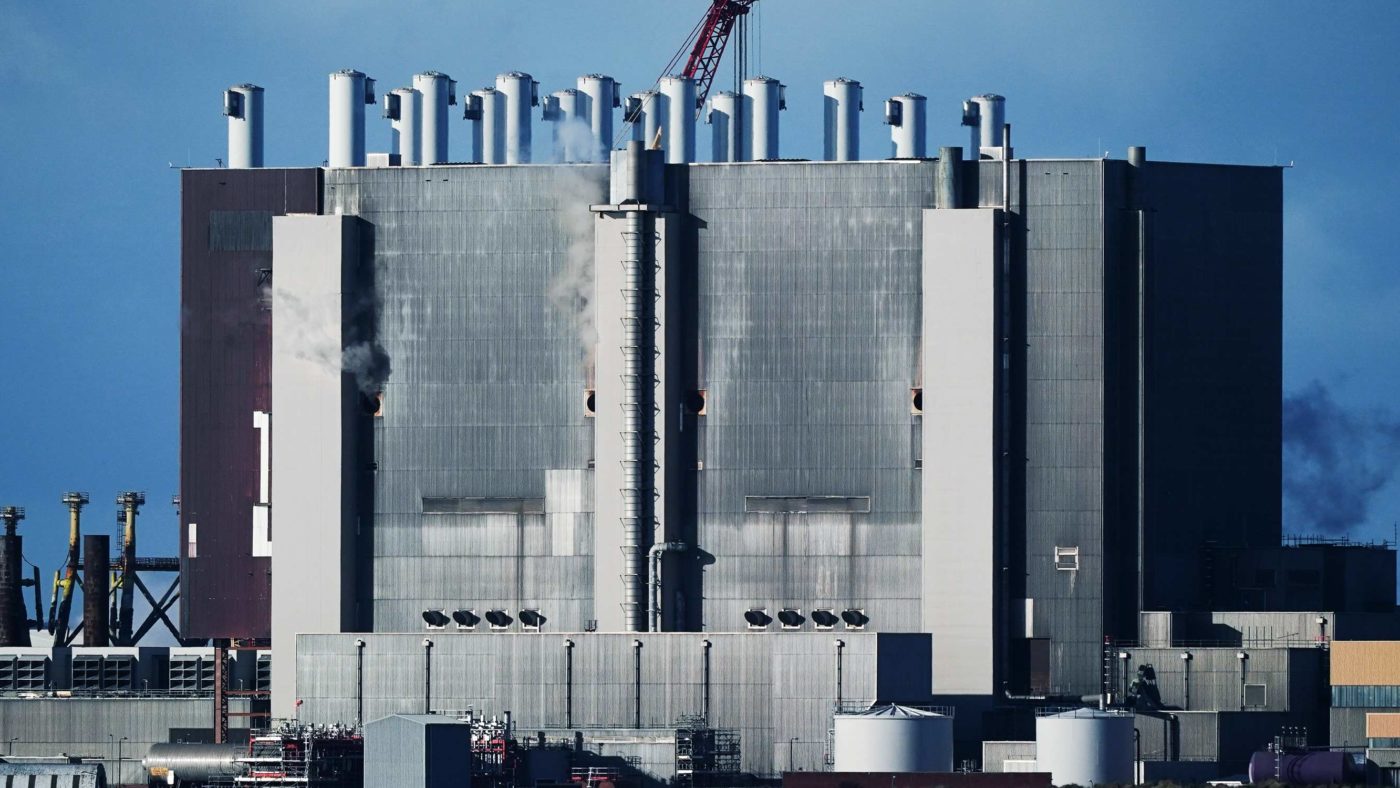2022 is turning out to be one of the most challenging years on record for the energy sector; from the soaring price of Brent crude, to the challenge of rejecting Russian gas and the continued rise in household energy bills.
The war in Ukraine – amongst other factors – has placed the considerable strain on energy prices, hitting consumers in their pockets and businesses on the bottom line. It has led to the Chancellor, last month, announcing a £9.1bn support package to help tackle the spiralling cost of living, yet my constituents in Redcar and Cleveland are still looking to the Government to chart a course to a more secure and sustainable energy future. A future that no longer involves crippling gas price hikes like we’ve seen recently, or the blackouts and cold winters of the last century.
In this moment we need a firm and radical approach that puts our nation’s energy security first.
I’ve been encouraged to see the Prime Minister’s words on this issue over the last few weeks. We now have an energy security strategy to ensure the UK can meet its energy needs. One that places renewables, hydrogen and – crucially – nuclear, at its centre. Of course, nuclear hasn’t always enjoyed the broad political support it does today, however, I’m thrilled that we’ve managed to get new nuclear back to the top of the energy agenda.
The UK was an early pioneer in nuclear technology, including the development of the Magnox and Advanced Gas-cooled Reactor (AGR) systems, the latter of which is still used in Teesside at Hartlepool Power Station. Sadly, the decisions taken by the Blair government neglected this vital industry, with six reactors closing and no new nuclear investment. Those decisions weakened our defences on energy security, and we now need to lead on this again, recognising the massive potential for new nuclear as part of our net zero energy mix.
The Government should be proud of its record so far in its decision to sign off on Hinkley Point C in 2017, and its commitments in the Ten Point Plan for a green industrial revolution, with £555m to help develop large and small-scale nuclear plants. But more can and needs to be done, because new nuclear will not only boost Britain’s energy supplies in a sustainable way, but fire up our manufacturing industries, including steel.
Like our energy, why should we shop overseas for our steel, when we can forge it on these shores instead? The answer is of course we shouldn’t.
That’s why I was pleased to read recently that the nuclear industry – specifically the Sizewell C Consortium – have welcomed UK steel producer Sheffield Forgemasters to their ranks. This is exactly the kind of business initiative that we will need to see the Government’s national strategy on energy security come to fruition. Their agreement gives further job security to British steelworkers and bolsters our nuclear supply chain as we look to replace our ailing nuclear fleet.
It is new thinking like this that will allow us to become energy independent, from new methods of collaborative working like those demonstrated by Sheffield Forgemaster’s and the Sizewell C Consortium, to innovation in metal alloys like those demonstrated by the Materials Processing Institute in South Bank, to new technology in the production of zero-carbon hydrogen to reduce emissions from the steel industry like that demonstrated by EDF in Redcar.
It is only by choosing to decarbonise and choosing to invest in UK manufacturing that we will have energy security for the long term. In 2019 the Prime Minister honoured the will of the British people for political independence, his next big task must be to deliver on our energy independence too.
Click here to subscribe to our daily briefing – the best pieces from CapX and across the web.
CapX depends on the generosity of its readers. If you value what we do, please consider making a donation.


